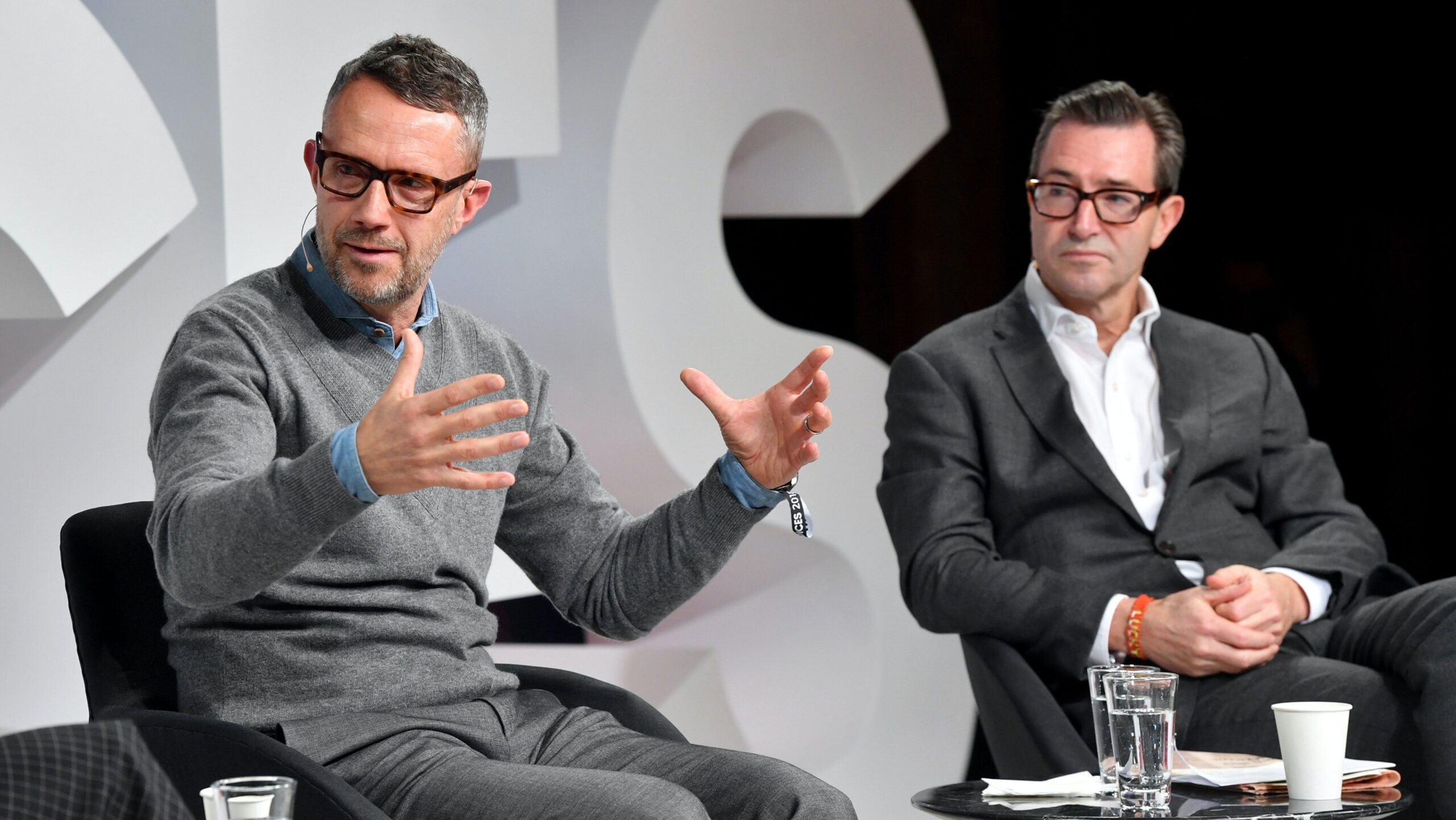
OXFORDSHIRE, United Kingdom — The rise of technology platforms and the decline of advertising revenue have put tremendous pressure on the news media business, but momentum at both the Financial Times and the Guardian newspaper groups prove that readers value quality journalism even more in a world of fake news and political polarisation.
So said Financial Times Group chief executive John Ridding and Guardian Media Group chief executive David Pemsel as they took the stage at VOICES, BoF’s annual gathering for big thinkers, for a conversation with BoF’s chief correspondent Lauren Sherman.
Three factors — the decline of advertising revenue; the rise of societal discord and political polarisation; and the growing demand for trusted news sources — have created both challenges and opportunities for publishers. “You can’t imagine the contradictions of those three spheres all happening at the same time,” Ridding said.
Both the Financial Times and the Guardian have found success by convincing readers to pay for their content, a strategy that many media brands are trying to adopt in the face of declining ad sales. Looking ahead, both Ridding and Pemsel said audio was the next frontier and a powerful pathway for attracting an audience. “It’s more personal … and I think people appreciate that,” said Ridding. “People want time to reflect and not just be inundated with what’s breaking right now,” added Pemsel.
To subscribe to the BoF Podcast, please follow this link.
Subscribe to BoF Professional for unlimited access to BoF articles, plus exclusive benefits for members.
To contact The Business of Fashion with comments, questions, or speaker ideas please e-mail [email protected].



